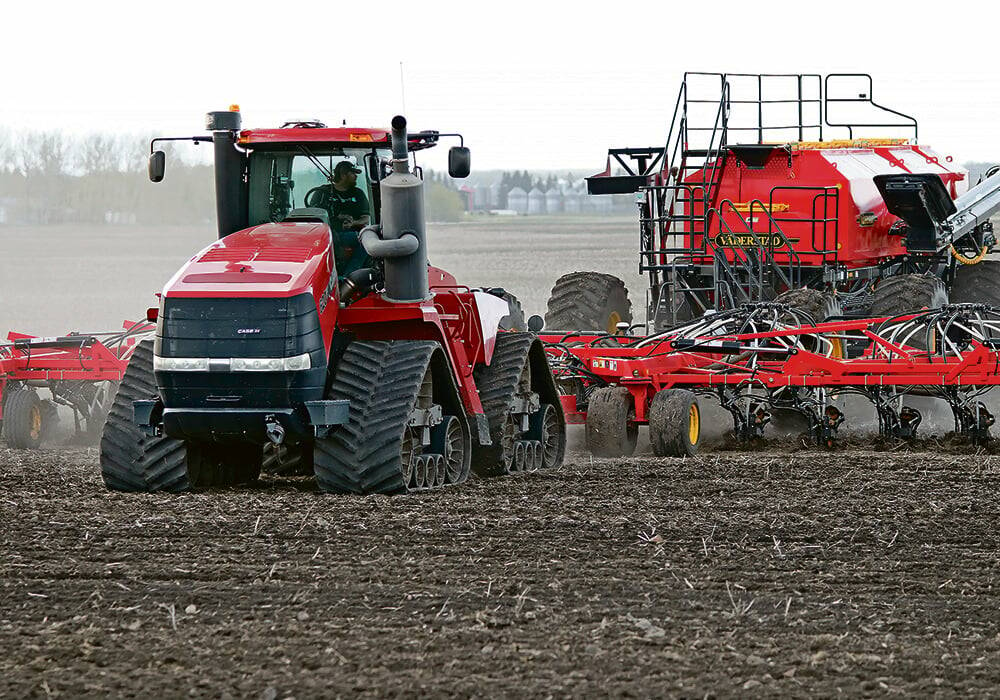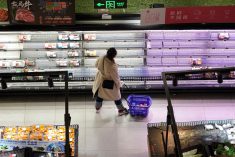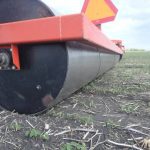New Brunswick farmers who employ temporary foreign workers (TFWs) are calling for the provincial government to reverse its new COVID-19-related ban on entry of TFWs who haven’t yet arrived.
The provincial government on Tuesday updated a mandatory order under its pandemic state of emergency to restrict TFWs from entering the province. The new restriction doesn’t affect the status of TFWs already in New Brunswick, the province said.
With “so many serious outbreaks” of COVID-19 in surrounding jurisdictions, the province’s borders must stay closed for now, Premier Blaine Higgs said in a release.
Read Also

More canola, spring wheat likely to be seeded this spring
As spring planting approaches, farmers are busy planning which crops to seed this year and how much. With that, market thoughts have turned toward planted area projections, as Statistics Canada is set to issue its report on Thursday.
As of Thursday evening, New Brunswick’s total COVID-19 caseload remains the second-lowest among the 10 provinces, with 118 cases and zero deaths to date. Of those 118, 114 are deemed to have recovered and four cases are active, with none hospitalized.
“Under normal circumstances, we welcome foreign temporary workers as they play an important role in New Brunswick’s continued economic growth,” Higgs said. “But right now, the risk of allowing more people to enter the province is simply too great.”
In a separate release Thursday, the province said it plans to launch a “virtual job-matching platform” on Monday (May 4) to connect New Brunswick residents with “positions that, in the past, have been filled by temporary foreign workers.”
It’s expected there will be up to 600 such jobs in sectors such as agriculture and aquaculture, the province said.
However, in a joint statement Tuesday, the National Farmers Union in New Brunswick, the Agricultural Alliance of New Brunswick and farmer co-operative Really Local Harvest said they “strongly disagree” with the province’s decision.
The groups said they want to see measures taken “to hold our promises to the workers that have been assured employment as well as the farms that are awaiting the arrival of employees on which they depend.”
“This is cutting the means by which we have to produce,” Strawberry Hill Farm co-owner Tim Livingstone said in the groups’ release. The province “want(s) us to increase vegetable production but want(s) us to hire people who may leave at the drop of a hat or before our season has finished.”
Strawberry Hill, for one, has invested in training TFWs for over four years and relies on those workers’ “expertise to supervise (the farm’s) local employees,” the groups said.
TFWs “cannot simply be replaced with another worker from another sector,” the groups said, and “our integrity as employers and as a province that has signed contracts with people to ensure our food production and supply, are at stake as we consider breaking these agreements.”
If TFWs who haven’t yet arrived aren’t allowed to enter the province, “we, collectively, still owe them, and the families they support.”
The federal and provincial governments “have moved mountains in the last months to ensure these workers are still able to come to Canada and that precautions are taken to ensure the safety of all,” the groups added.
Specifically, farm groups and several provinces’ officials in March pressed for, and received, a federal exemption allowing TFWs to enter Canada, in the wake of Ottawa’s pandemic-related prohibition on foreign nationals entering the country.
Ottawa later also pledged financial support to TFWs’ employers to allow arriving employees to self-isolate for 14 days before starting work.
Under the province’s new ban, “it would be difficult if not impossible for farms to hire TFWs or any other workers mid-season,” the New Brunswick groups said.
“Even if employees from other sectors or students are put in their place, when the other jobs re-open and school starts, no one will be there to bring in the harvest.” — Glacier FarmMedia Network
















